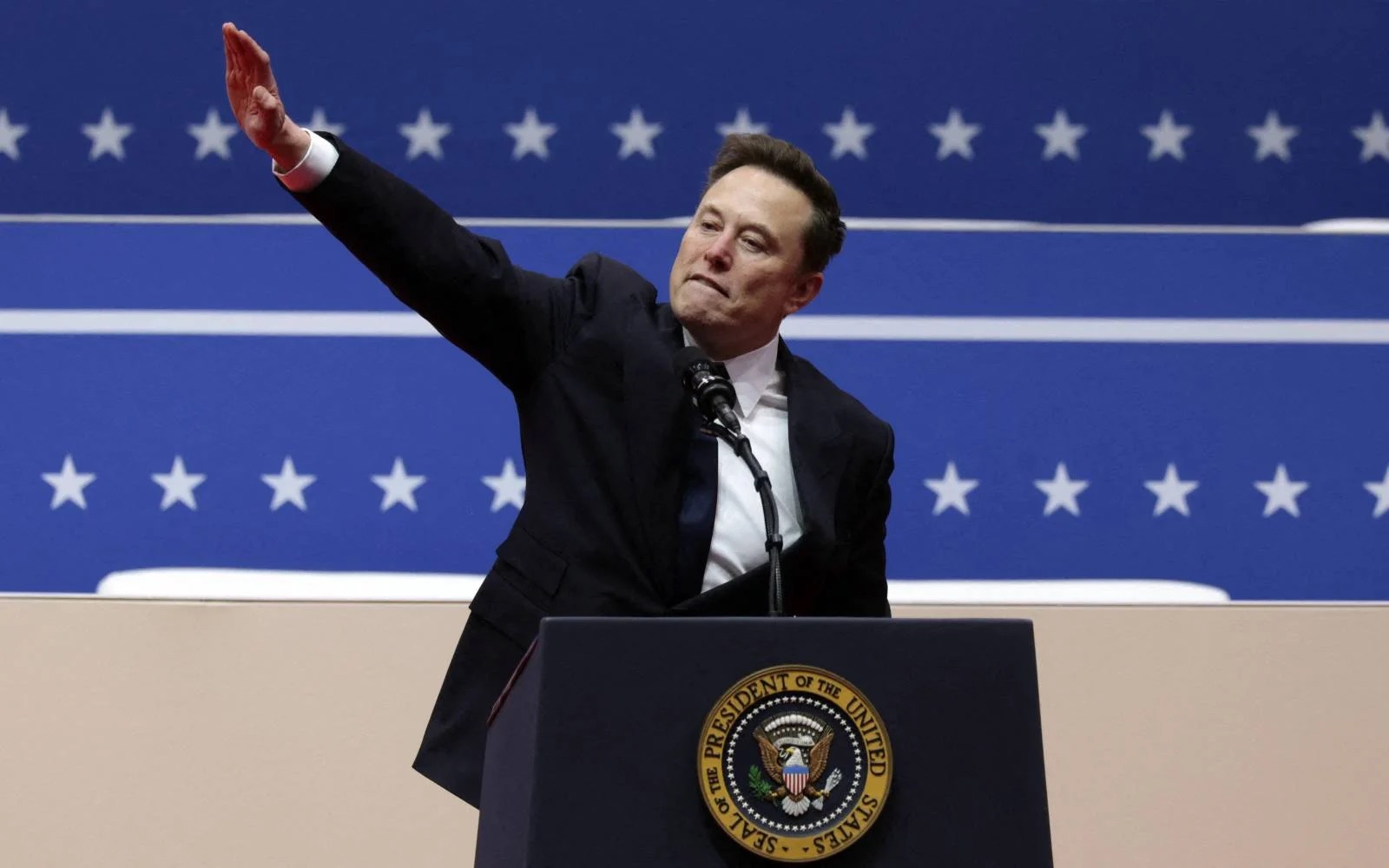
Elon Musk has ignited a storm of controversy following his recent appearance at a Trump rally, where he made a gesture resembling the infamous Nazi salute. The incident took place in front of a live audience and was broadcasted to millions around the globe. Many found the act deeply offensive, criticizing Musk for what they perceive as a blatant display of antisemitic symbolism.
The Biden administration swiftly responded, with the White House issuing a statement condemning Musk’s actions and his history of antisemitic posts. Several major corporations, including IBM, Apple, Oracle, Comcast Xfinity, Disney, and Hyundai, have decided to sever ties with Musk’s social media platform, X. This marks not the first instance of controversy for Musk, who has previously faced criticism for his apparent endorsements of neo-Nazi ideologies.
In 2023, numerous advertisers abandoned the platform due to Musk’s controversial activities. His latest actions have stirred fears about the potential direction of the incoming Trump administration, with concerns that it may harbor fascist tendencies. While some supporters argue that Musk’s gesture was merely a “Roman salute,” Washington Post journalist Phillip Bump refuted this defense by pointing out that the gesture has been synonymous with Nazi ideology since 1945.
Musk has a history of provoking outrage with his posts on X. His visit to the Auschwitz Death Camp in Oswiecim, Poland, also drew widespread criticism. The incident at the rally has led to fresh debates about the implications of the Nazi salute and its significance in contemporary society. Many have condemned Musk’s actions as a hate crime gesture, including individuals who generally support him.
The controversy has also sparked a broader discussion about the responsibility of social media platforms in either promoting or combating hate speech. With Musk at the helm of X, questions arise regarding the platform’s role in either fostering or curbing the spread of antisemitic rhetoric.
What The Author Thinks
Elon Musk’s recent conduct at the Trump rally represents a disturbing reminder of the influence that high-profile individuals have in shaping public discourse and potentially perpetuating hateful ideologies. The swift corporate and governmental responses underscore the seriousness of such actions in a globally connected society. As social media platforms continue to wrestle with the dual responsibilities of freedom of expression and preventing hate speech, Musk’s behavior highlights the critical need for leaders to exhibit responsibility and sensitivity, particularly in such polarized times.
Featured image credit: FMT
Follow us for more breaking news on DMR
